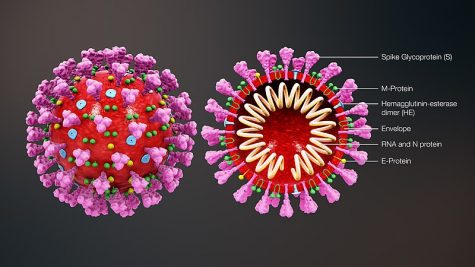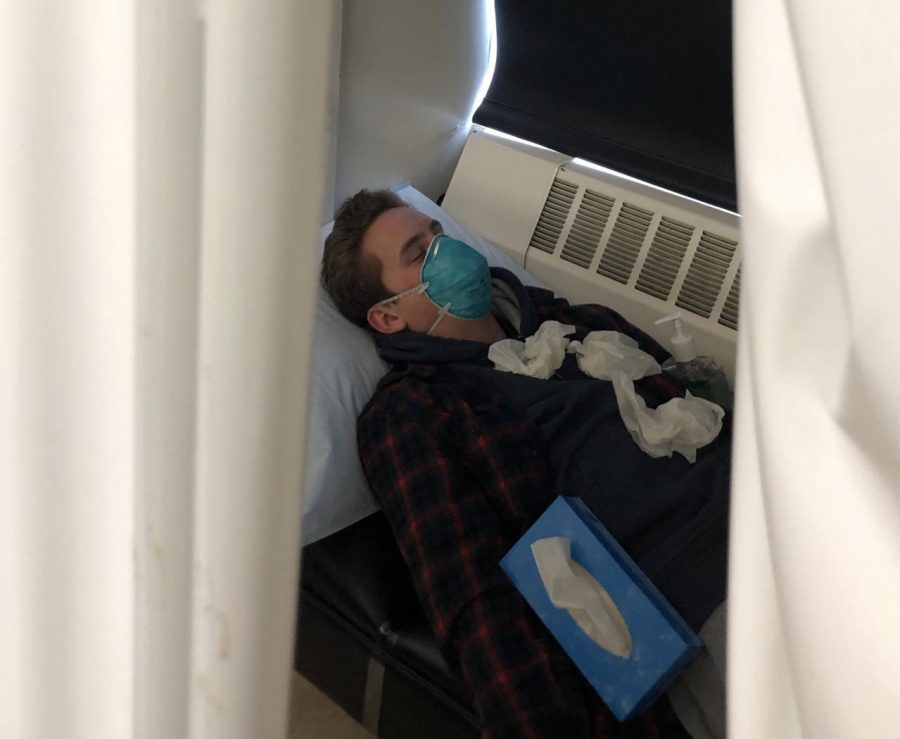The Coronavirus: Should You Be Worried?
People wear masks in the hopes of protecting themselves from the Coronavirus; however they are not guarantee.
The Coronavirus has been in the news for over a month, and is beginning to scare the population. A fast-spreading respiratory virus from Wuhan China, the Coronavirus has motivated many to stockpile surgical masks, and become wary of anybody who comes from Asian descent.
However, many people do not realize that the coronavirus does not as of now have the capacity to do the damage people fear it can. In reality, the Coronavirus has a death rate of just over 2% per the CDC. Yet, the virus does present many unique dangers that make it worthy of intense caution. The virus has a two week incubation period before the host shows any symptoms. This is not unheard of, but what makes it notable is that the individual is contagious during this time. This means that they can spread the virus before they know they have it, making it extremely difficult to control.
This disease has already been contacted by a Boston resident, a student of UMass Boston. However, in an interview with Inside Higher Ed, UMass Boston’s interim chancellor Katherine Newman reassures the public that “the risk to members of our communities [is] low,” and she expects “expects business as usual on campus.” The perceived threat to the university and the greater Boston area at this time is low, and we should act accordingly. However, there are still steps that the population can take in order to stay on top of this risk, and maximize safety.

Diagram of the Coronavirus on the cellular level
Although the Coronavirus may be contagious, the following precautions will help you feel cleared from the virus mentally and physically. In an interview with school nurse Lea Tabanka, she said “There is currently no vaccine to protect against 2019-nCoV. The best way to prevent infection is to avoid being exposed to this virus.” This is unfortunate, but expected with a new disease.
In an email written by Umass Boston’s interim chancellor, Katherin S. Newman suggests “thorough frequent hand washing, covering coughs and sneezes, and avoiding touching your face with unwashed hands.” are the best way to prevent oneself from contracting the disease.
Although these tactics are not 100% guaranteed effectiveness, it will help prevent other contagious viruses as well. Symptoms for the Coronavirus to watch out for include “a fever and symptoms of a respiratory illness (such as cough or shortness of breath)” Newman wrote. Signs of these symptoms should be reported immediately to any health care provider.
According to the CDC, the Coronavirus is “Most often, spread from person-to-person happens among close contacts (about 6 feet). Person-to-person spread is thought to occur mainly via respiratory droplets. ” This transmission is similar to the influenza virus.
However, the Hamilton-Wenham community should not panic. Nurse Tabenkin confirmed that the community is currently “100% coronavirus free.”







